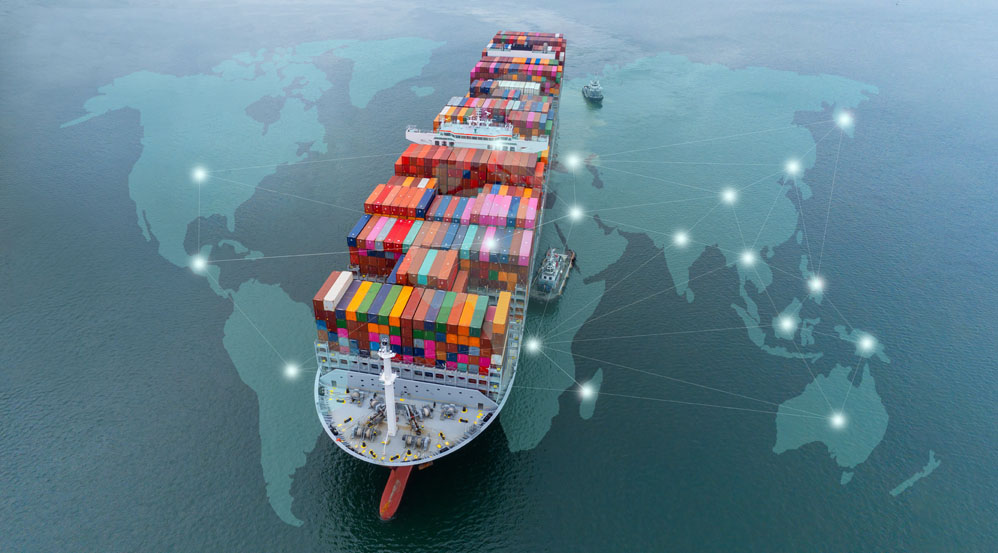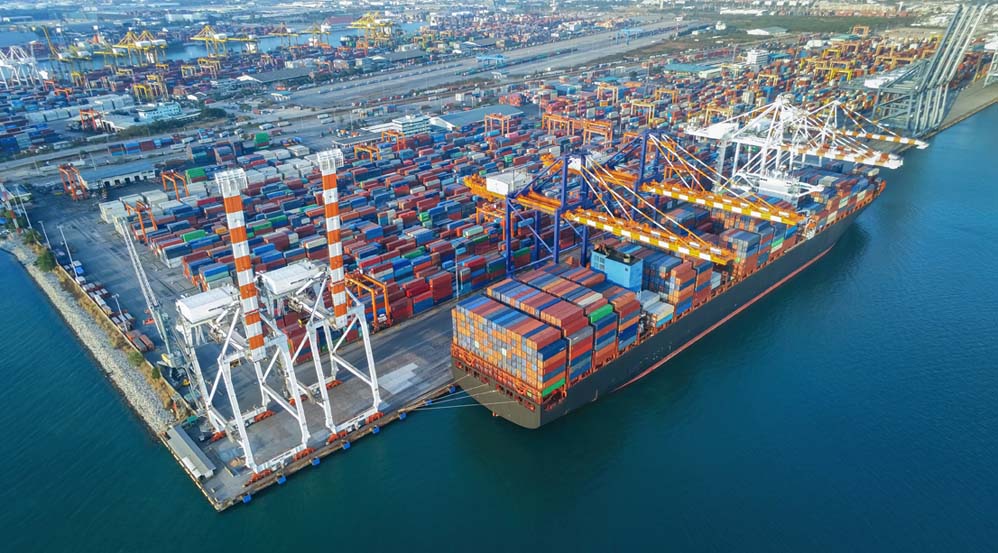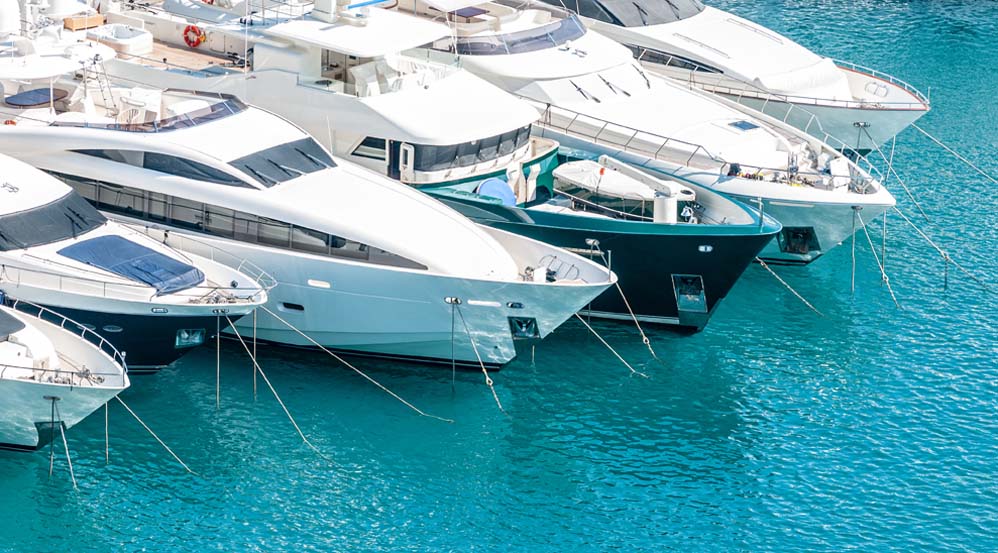- April 15, 2025
- Marine Engines
- Powering Progress: The Vital Role of Marine Engines in the Global Economy
In an increasingly connected world, the invisible engines beneath the decks of ships are the unsung heroes of global commerce. Marine engines—those powerful machines that propel everything from cargo ships and oil tankers to fishing vessels and ferries—play a crucial role in the global economy. Without them, the seamless flow of goods and resources across continents would come to a standstill.

The Backbone of Global Trade
Over 80% of the world’s goods are transported by sea, according to the International Maritime Organization (IMO). From electronics and clothing to oil and raw materials, the vast majority of global trade depends on marine transportation. And at the heart of every ship is a marine engine.
These engines provide the propulsion necessary to carry massive loads across oceans and seas. Whether it’s a slow-speed two-stroke diesel engine on a container ship or a high-speed four-stroke engine on a coastal ferry, each plays its part in keeping the gears of international commerce turning.
Driving Energy and Resource Distribution
Marine engines are also key players in the energy sector. They power tankers that move crude oil, LNG carriers that deliver liquefied natural gas, and bulk carriers that haul coal and iron ore. These engines make the distribution of energy resources not only possible but efficient and cost-effective on a global scale.
Additionally, offshore supply vessels, many powered by complex diesel-electric systems, support oil rigs by transporting equipment, personnel, and supplies, all driven by powerful marine engines designed for versatility and endurance.

Supporting Coastal Economies and Fisheries
Marine engines aren’t just vital on the open ocean—they’re equally critical in supporting coastal economies. Fishing vessels, tour boats, ferries, and tugboats rely on marine engines for their daily operations. These activities provide employment for millions and contribute to the GDP of many maritime nations.
In the developing world, small-scale fishing fleets powered by outboard and inboard marine engines are essential for food security and local livelihoods, linking coastal communities to larger markets and economic systems.
Innovation and Environmental Responsibility
As the global economy grows, so does the need for more efficient and environmentally friendly marine propulsion systems. Marine engine manufacturers are investing in alternative fuels like LNG, hydrogen, and biofuels, as well as hybrid-electric propulsion to reduce emissions and meet stringent international regulations.
The shift toward greener marine engines not only helps protect the environment but also drives technological innovation and new economic opportunities in the clean energy sector.

Though often overlooked, marine engines are fundamental to the functioning of the global economy. They move the goods we buy, the energy we consume, and the food we eat. As the world evolves, so too will marine propulsion—becoming more efficient, more sustainable, and even more integral to global prosperity.
The next time you see a ship on the horizon, consider what powers it beneath the surface. That rumble you can’t hear? It’s the sound of the global economy in motion.
